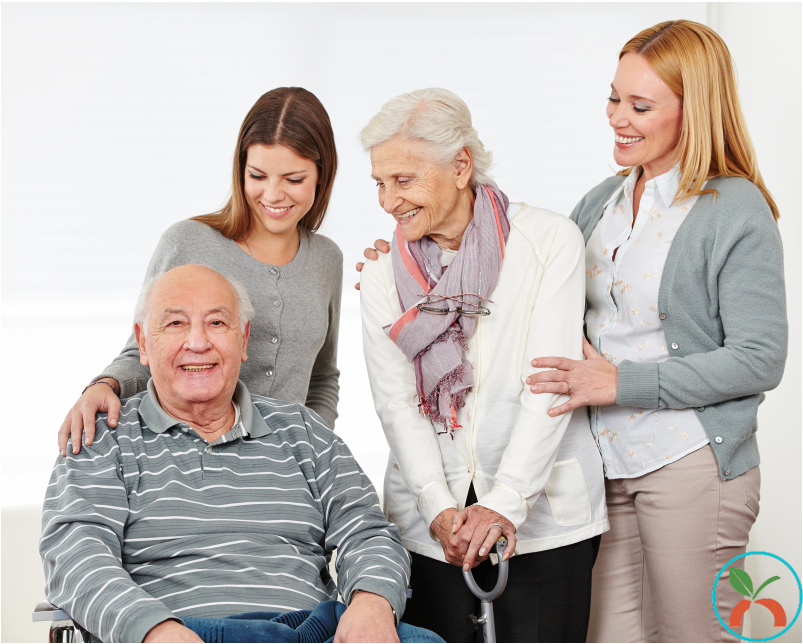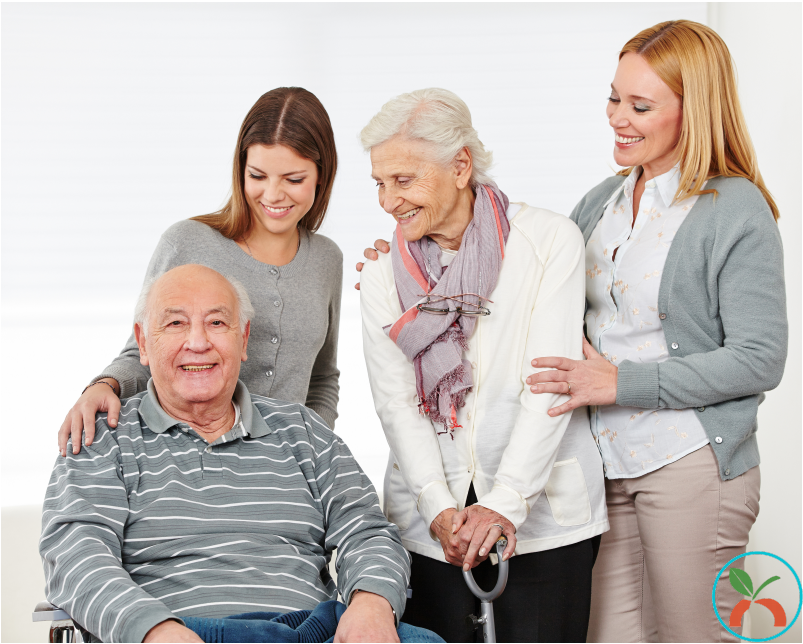Offering a Health Risk Assessment (HRA) to your population has a lot of benefits. However, knowing which demographic will benefit more from HRAs can be difficult to pinpoint.

In an ideal world, you’d be able to get your entire population to complete an HRA. But we realize that there are times when it can take a bit more cajoling, especially if your population is laden with personal and professional tasks that rank higher on their to-do list.
In this post, we’ll take a look at where you should focus your resources when it comes to getting HRAs completed.
Generation Z
The oldest of Gen Zs, born in 1997, have only recently graduated from college and may still be working with the “I’m invincible” mentality that’s so common in young adults. You may think that your youngest workforce population is the least at risk for a variety of health concerns and, therefore, needs less focus. They’re physically active and can go all out when playing sports. This also means they’re at a higher risk for head injuries, sprains, and muscle strains. They’re concerned about life balance, which includes healthful eating, adequate sleep, and mindfulness. Additionally, they're the most likely of all generations to report being stressed and having poor mental health.
HRAs are an excellent way to identify any mental health issues – from chronic stress to anxiety or depression – early and get the necessary intervention. An HRA can also confirm healthy food choices and guide them into habits that will have a positive influence on their future health. As an added bonus, since Gen Zs are digital natives in the truest sense of the phrase, technology is an effective avenue for delivering both assessments and interventions
Millennials
Millennials dominate the workforce. They’re interested in their careers and staying digitally connected, but not at the risk of their privacy and personal satisfaction. Many of them are focused on personal growth and are committed to making the world a better place. They’re also the demographic that could have the most going on outside of work, which means they may be letting their health take a back seat.
The oldest Millennials are pushing 40 years old. Sure, they’re likely into exercising more regularly and drinking green smoothies every morning than prior generations. But many Millennials now have young children and are feeling the responsibilities of owning a home for the first time. The youngest of them may be moving out of their childhood home for the first time and navigating what it means to have large monthly bills.
As health conscious as Millennials may feel, experiencing all the “firsts” and managing the logistics that comes with them is stressful. According to a Blue Cross Blue Shield Association report, they are in worse health for their age than Generation X members at the same age. But even though they have much higher rates for conditions such as diabetes, high blood pressure, high cholesterol, substance use disorders, and depression they think they are in good or excellent health. Administering a health risk assessment to this generation can give Millennials eye-opening results and make them receptive to behavior changes that will interrupt the disease cycle.
Generation X
Generation X is more established in life than Millennials – if they have children, they’re probably older or adults themselves, and they likely aren’t experiencing life through a series of “firsts.” However, they could be starting to recognize their own aches and pains. While they’re still busy (we’re all busy!), they may be taking a more proactive role in their own health care in an effort to “stay young” or head off any of the ailments that they’re witnessing their parents face down. However, even as they’re being proactive they may not realize just how at-risk they are for chronic conditions. An HRA will allow them to identify their risk factors and make adjustments before potential problems become actual problems.
Baby Boomers
Boomers are the oldest segment of the workforce, with many of them nearing retirement (if not already retired). This is also the segment most likely to be under a doctor’s regular care. After all, it’s no secret that as we get older, more ailments crop up. Additionally, more preventative checks – such as mammograms, colonoscopies, et cetera – are recommended.
However, this is also the segment of the population where issues may begin to appear more quickly or where the side effects of a lifetime of bad or unhealthy habits will begin to rear their ugly heads. Taking a health risk assessment will allow Boomers to keep on top of their healthy lifestyles to keep their health up or give them insight as to whether they need to ramp up their efforts to fend off issues.
So after all of that, which segment of the population benefits the most from a Health Risk Assessment? A strong case can be made for each generation.
Ultimately, it may come down to an individual-by-individual basis. To put things into perspective, a Baby Boomer with no known health issues or risks and a healthy diet may feel it’s less necessary compared to a Millennial who is hitting the gym every day but did their fair share of binge drinking and fast food eating in college. But the fact of the matter is that there’s no way to know what’s looming around the corner even if you assume you’re in perfect health. That’s why we recommend encouraging your entire population to complete their HRAs. They may gain insight into their health that they weren’t expecting – or they may simply get the reassurance that they’re already on the right track, which is a win-win!
Ready to learn more about Health Risk Assessments? Download our ULTIMATE Guide To Health Risk Assessments, today!








